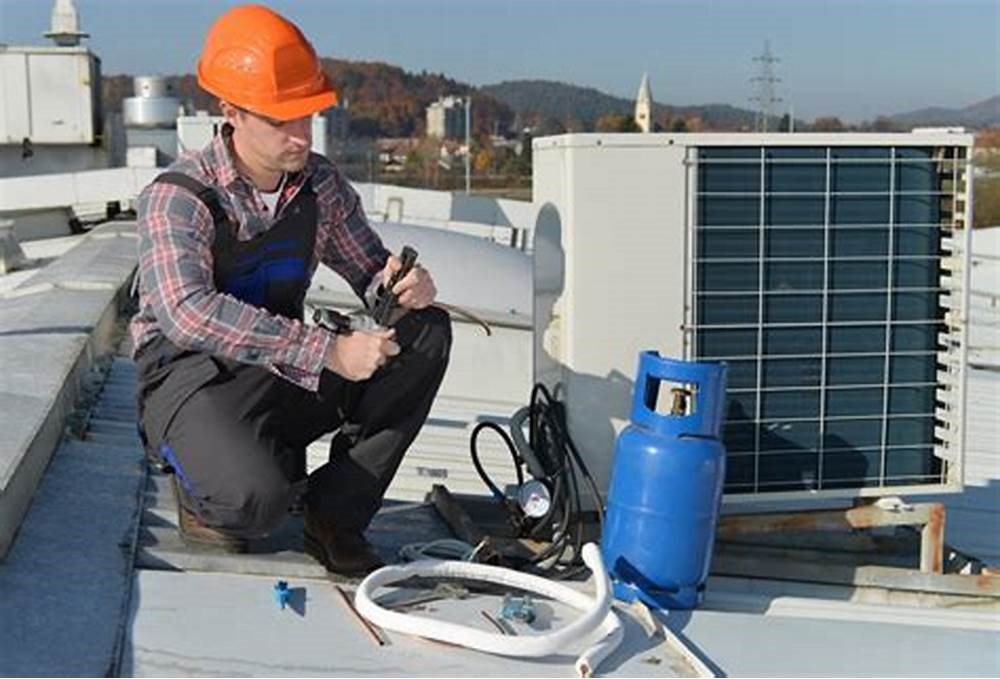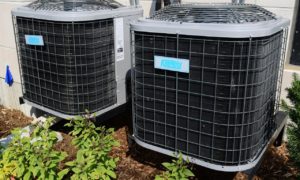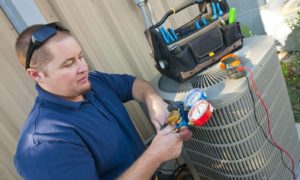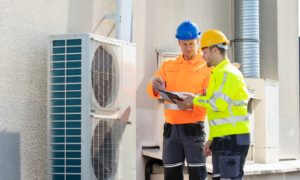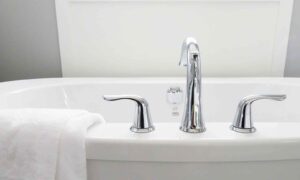HVAC is short for heating, ventilation and air conditioning. These three systems are used both indoor and in the vehicles. Their correct installation and usage are indispensable for their flawless functioning. Their purpose is to provide for comfortable temperature in the interiors where people spend their time living and working. More on HVAC systems: https://en.wikipedia.org/wiki/Heating,_ventilation,_and_air_conditioning
The HVAC systems today are quite sophisticated, and they need professional treatment. Only professional HVAC contractors can ensure that the interior of a building will not suffer from so-called sick building syndrome.
Sick buildings in San Antonio
Sick Building Syndrome (SBS) is a combination of illnesses associated with individual places at work or residence. The Sick Building Syndrome is often a cause of pollutants produced from exhaust gases from some types of building materials, volatile organic compounds, molds, incorrect ozone ventilation, light industrial chemicals, or insufficient fresh air filtration. Many of these causes are connected to malfunction of heating, ventilation and air conditioning systems.
There can also be issues with internal cavities, created through the use of specific construction methods and procedures. These cavities often exist inside walls and ceilings, thanks to the use of beams and roof trusses, and can also be found in attics and ceiling areas.
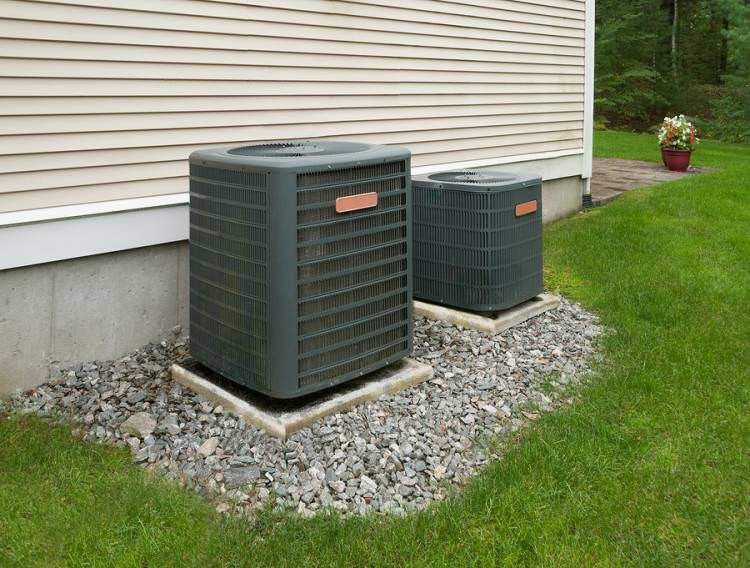
With about 30% to 70% of worldwide, San Antonio is also among the cities affected. San Antonio HVAC contractors with wide range of causes of the SBS syndrome, especially in older buildings that were built before the development of insulation, moisture barriers and composite materials.
Moisture that can be hidden in these cavities where it builds at 70% and 95% moisture by weight. Increased humidity can occur, for example, inside cavities in walls around kitchens, bathrooms, and other damp rooms where there may be problems with poor ventilation. One important way how to fix the problem of moisture and mold in a building prone to Sick Building Syndrome is the installation of an air condition system as well as its regular maintenance.
A guide to common problems with the AC system
The following issues can be indicators of a malfunction of the AC system and lead to the development of the Sick Building Syndrome and you should call your HVAC contractor any time you encounter the following problems:
Odor in the air conditioning unit
The odor from the indoor air conditioning unit most often arises when the user himself or his HVAC contractors fail to perform regular service. The reason why the air conditioner smells is because of the formation of moisture on the internal air conditioner exchanger, or because of the humidity the bacteria and mold multiply on the exchanger. Cleaning should only be carried out by a service technician. Click here for more info about odor in the air conditioning unit.
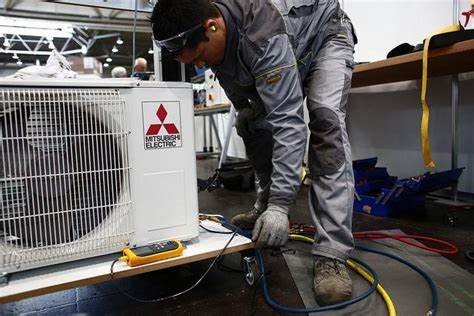
The air conditioner water leakage
The most common example of water flowing from an indoor unit is poor assembly because the condensation piping has a poor gradient. If there is no problem with the installation, the condensate hose is clogged, at worst the pump float is clogged. This may be due to clogged condensation pipes or clogged pump floats. Deposited water can cause the air conditioner to freeze. Regular service check during the warranty period and timely summoning of a technician is necessary in this case.
Failure at blowing cool air
If everything is well adjusted and yet there is no cool air blowing, there is probably a refrigerant leak. If refrigerant leaks, contact a service technician immediately, as the compressor may seize and could cost more to repair. Periodic service check and timely summoning of the technician in case of defect detection is imperative in this case.
Inadequate air cooling
In order for the AC to cool well and function as warranted, filters must be cleaned regularly. Nothing should prevent the air conditioner from sucking and exhausting air. To properly blow through the unit, turn on the air conditioner at its highest speed and lowest level to rid itself of any dirt. If this self-cleaning does not help, the outdoor unit is working, but there is no cold air from the indoor air conditioner, turn off the air conditioner and call the air conditioner service.
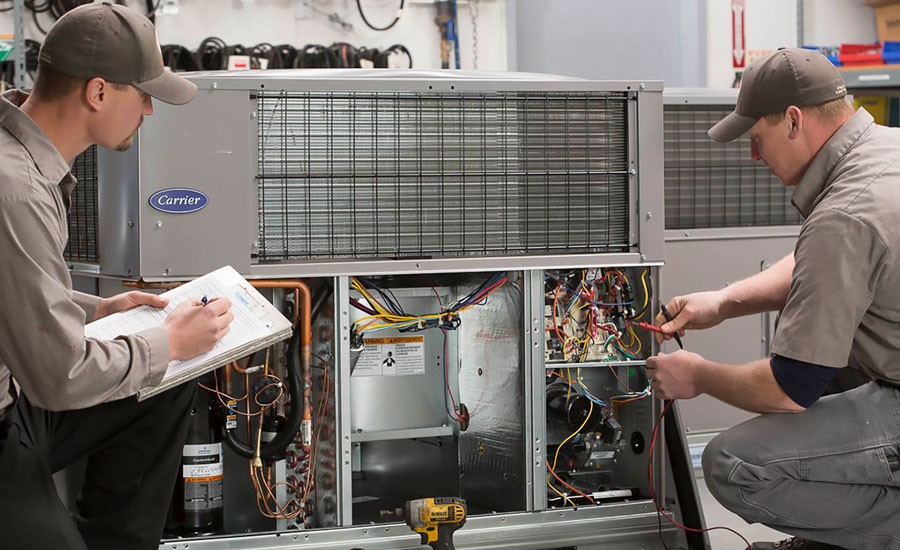
Noisy air conditioner
If the air conditioner cools but is too noisy, then probably some of the air conditioner has been released, or foreign body (leaves, branches) has entered the air conditioner.
Another reason for noisy air conditioning can be the ice in the air conditioner. If the foreign object can be removed, you can remove the leaves or branches yourself, but if the fault persists, call the air conditioning service. To prevent the noise, the AC needs to be cleaned regularly to prevent clogging.
Fuses coming out of the air conditioner
The air conditioner ejects the fuses if the cables are damaged, the insulation is damaged, or the outdoor unit has a faulty fan when the temperature rises, the power consumption is higher than the breakers allow. If the air conditioner is ok, it is probably a faulty circuit breaker. For this type of fault contact the service immediately, never attempt to repair the air conditioner yourself. Maintain regular service and have a quality breaker.
Freezing of the air conditioner There are many reasons why indoor air conditioning freezes. The most common reason is clogged filters in the indoor air conditioning, the refrigerant may leak, or the fan may be clogged. Maintain regular maintenance of filter cleaning and regular service by a technician.


